In a dystopian future where corporations have supplanted the governments of the world, a brutal martial arts contest known as The King of Iron Fist tournament provides the downtrodden with an artificial sense of hope. A talented young street fighter named Jin Kazama (John Foo) reluctantly enters the tournament in hopes of confronting Heihachi Mishima (Cary-Hiroyuki Tagawa), chairman of the Mishima Corporation. While fighting his way through a number of top notch combatants, Jin unintentionally becomes a source of inspiration for the oppressed populace.
Tekken is based on the popular fighting game series of the same name by Namco. It was directed by Dwight H. Little, who genre fans might remember as having helmed the Steven Seagal vehicle Marked for Death. His approach is very similar this time around, as Tekken has no illusions about what it is, which would actually be admirable if the film went about its business with the intent of providing actual entertainment value.
From a visual standpoint, the film has something of a retro feel. The production design is hardly innovative, borrowing very liberally from the template established in Blade Runner. The scope of the production mirrors its meager budget, as we get very few shots establishing the size and breadth of Tekken city. The few that we do get are brief and set against a nighttime sky. None of this effectively masks the small scale of the production.
The fight scenes are competent but mundane and indistinct. Dwight H. Little doesn’t seem interested in any recent innovations regarding fight choreography, cinematography or editing. Each confrontation is filmed in a frustratingly standard and dated manner. In an era when even B-level productions can offer some truly amazing action, Tekken looks and feels somewhat primitive.
In concept, Tekken has many parallels to the Arnold Schwarzenegger vehicle The Running Man. That project was a colorful piece of high concept filmmaking that had fun with the idea of powerful corporations deluding and distracting the masses with ultra violent programming. Tekken has no such ambitions. It doesn’t even attempt a superficial reading of its own subtext, using it as backdrop for its mundane story.
John Foo is one of the least engaging protagonists imaginable for a film like this. While he is a very capable physical performer, his persona is a bit lacking. He seems incapable of inspiring confidence and awe, making his transition from street urchin to icon a bit less than believable. Ian Anthony Dale is downright laughable as Kazuya Mishima, offering a performance that plays like a collection of B-movie clichés. Luke Goss offers the only credible performance in the film as Jin’s mentor Steve Fox.
[pro-player width=’425′ height=’344′ type=’video’]http://www.youtube.com/watch?v=st6dHmDSkhY[/pro-player]
Tekken could just as well have been the pilot episode for a basic cable series, and a fairly mediocre one at that. Conceived with little imagination and executed without a modicum of enthusiasm, it is easily one of the more forgettable films of its kind. That someone actually thought that it would pass muster in today’s marketplace is perhaps that most insulting prospect of all.

![]()
Out of 5
Follow Malice Intended on Twitter @ http://twitter.com/renaissance1977
Follow Us on Twitter @ http://twitter.com/planetill
Join Us on the Planet Ill Facebook Group for more discussion
Follow us on Networked Blog

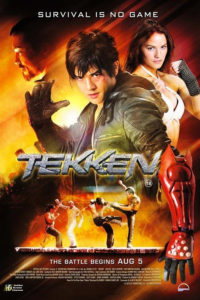
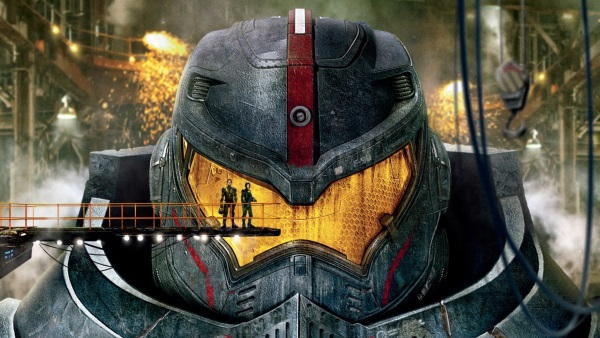
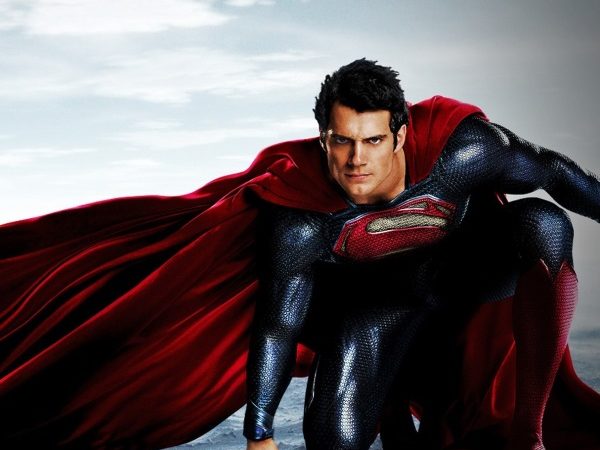
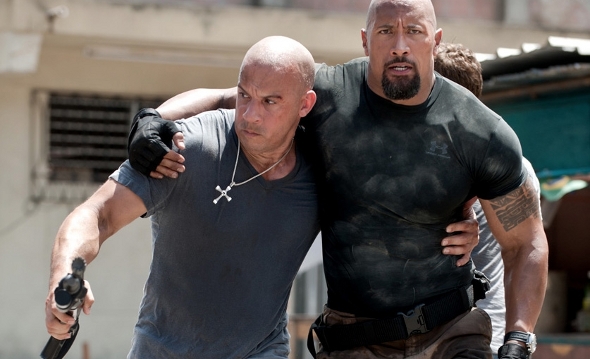
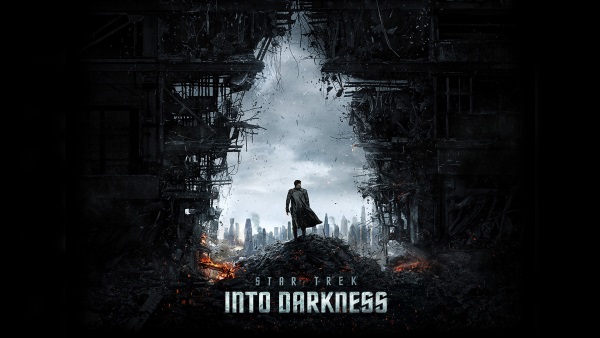
2 thoughts on “Movie Review: Tekken”